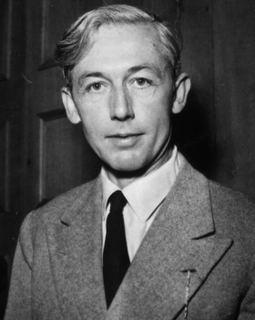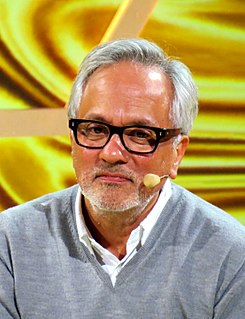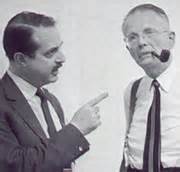A Quote by Margaret Millar
To the uneducated eye, as to the incurious mind, much of the world is in darkness, and a thousand songs are lost on the unlistening ear.
Related Quotes
The human race sees with one eye, the male eye; hears with one ear, the male ear; and thinks with one half the human mind, the male mind. And the decisions we are making show we are not bringing to the agendas, and the questions and the problems of the world, all the resources of the world to solve them.
If you want to play something that you hear, you need to listen with your mind's eye. You've heard of the mind's eye, right? Your mind has an ear too. It's a kind of listening, but it's not using your ears to listen. It's listening with your inner ear, and that's what you want to translate onto the guitar.
The ear is profound, whereas the eye is frivolous, too easily satisfied. The ear is active, imaginative, whereas the eye is passive. When you hear a noise at night, instantly you imagine its cause. The sound of a train whistle conjures up the whole station. The eye can perceive only what is presented to it.
The ear participates, and helps arrange marriages; the eye has already made love with what it sees. The eye knows pleasure, delights in the body's shape: the ear hears words that talk about all this. When hearing takes place, character areas change; but when you see, inner areas change. If all you know about fire is what you have heard see if the fire will agree to cook you! Certain energies come only when you burn. If you long for belief, sit down in the fire! When the ear receives subtly; it turns into an eye. But if words do not reach the ear in the chest, nothing happens.
Words are substance strange. Speak one and the air ripples into another's ears. Write one and the eye laps it up. But the sense transmutes, and the spoken word winds through the ear's labyrinth into a sense that is no longer the nerve's realm. The written word unfolds behind the eye into the world, world's image, and the imagination sees as the eye cannot see-thoughtfully.





































